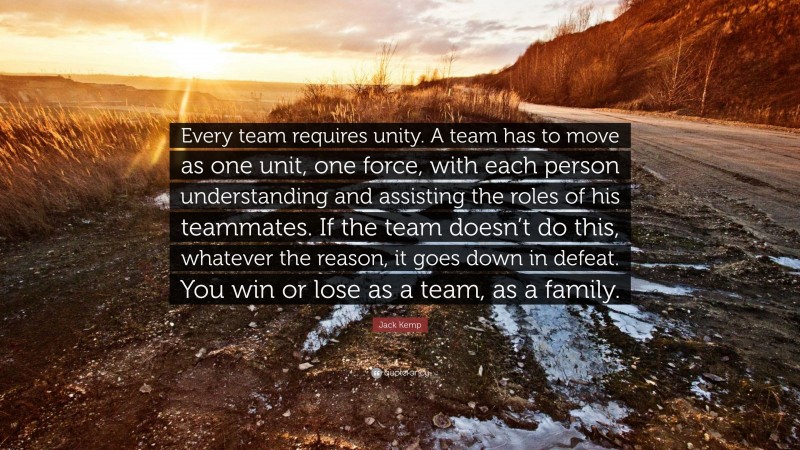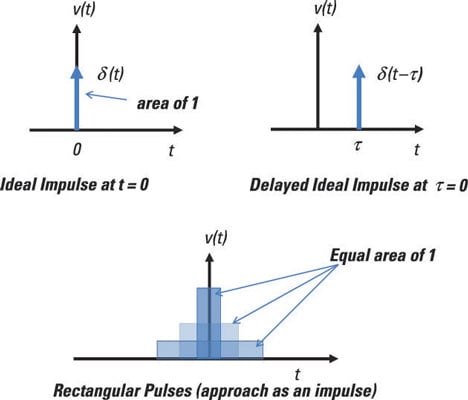


Yes, Jamaica had serious political violence between 1972-1980, but not much now. My case study countries also featured areas that did not see the State as fully legitimate because it provided unequally for different regions. The main issue was State use of violent groups, and then allowing those groups to continue.
#Unity strength of an impulsive force free
However, I would be surprised if its institutions were stronger than Sicily's or Colombia's - these were developed countries with strong institutions and free presses throughout their violent periods, just like Jamaica. Why? I closed your excellent book scratching my head." But our murder rate is eight times global average. Measures that should create a peaceful society seem present. Yet their murder rates fell dramatically. We don't have guerrillas or paramilitaries or terrorists or bombings. (Though no politicians jailed since 1990.) We are not killing journalists or judges or political candidates. We have a free press, peacefully change leaders, rule of law mostly holds.

Yet Jamaica seems more politically stable than Colombia, Georgia, Sicily, Bihar were. Basic improvements in security make every other strategy to improve social and economic welfare more likely to succeed." Others should learn from them… problem is not that governments are weak it is that they are complicit… In Bangladesh, Jamaica, and Nigeria political parties hire criminal gangs to herd their voters to polls during elections and scare away opposition, then protect gangs between campaigns… To curb lethal violence, policymakers should focus their efforts specifically on such violence and abandon the false hope of addressing it indirectly via poverty, corruption, or other forms of crime. Thomas Abt reviewed the book in Foreign Affairs magazine: "Kleinfeld shows how some countries have managed to cut crime and save lives. Rachel Kleinfeld's 2018 book A Savage Order: How the World's Deadliest Countries Can Forge a Path to Security detailed how Colombia, Sicily, Georgia, and the Indian region of Bihar sharply cut murders. Word on the street is: Andrew doing alright, but crime out of hand. There were 1,208 murders in 2015, 1,463 in 2021 - a 10 per cent increase and a dismal failure.
#Unity strength of an impulsive force windows
In the 2016 election run-up Prime Minister Andrew Holness intimated that, if elected, Jamaicans could sleep with their windows open. Prime Minister Andrew Holness (right) and Opposition Leader Mark Golding shake hands on Emancipation Day.


 0 kommentar(er)
0 kommentar(er)
